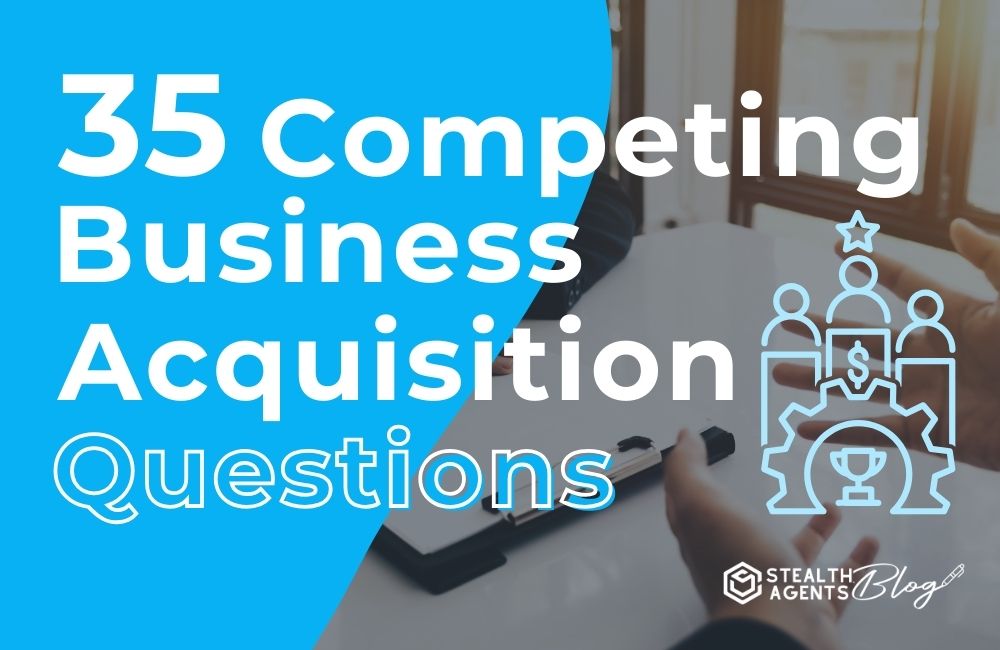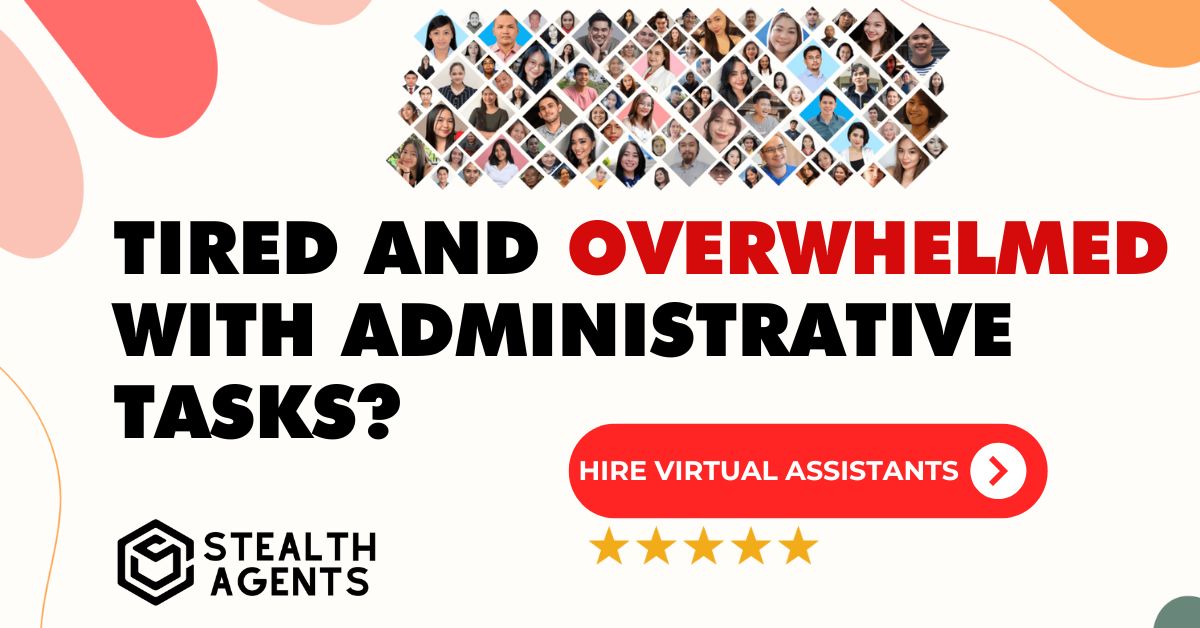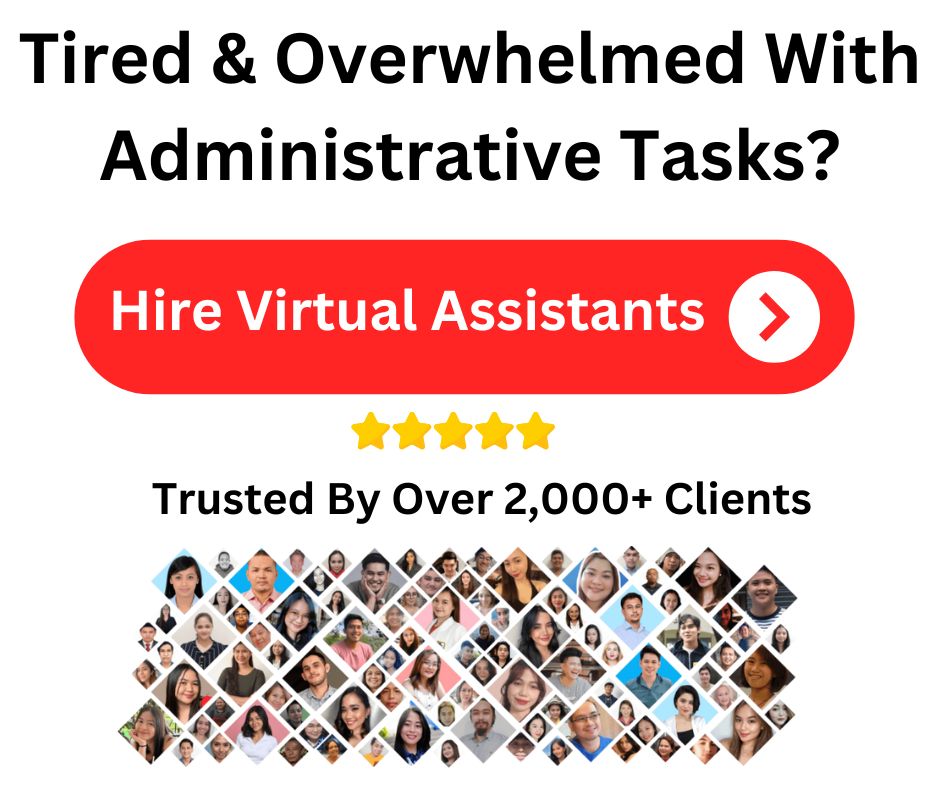When diving into the deep waters of acquiring a competing business, preparation is your strongest lifebuoy. You need to anticipate your every move like a chess grandmaster, and the first step is to question everything. Here, we’ve compiled a list of 35 strategic queries that will help you set sail into these challenging yet opportunity-filled waters.
Why Compete with an Acquisition?
In a sea of strategy, why choose the course of acquisition? The reasons are as vast as the ocean itself. Whether it’s to eliminate a competitor, expand your market, or gain the tech that puts you ahead of the race — understanding the relevance and potential of competing business acquisition is your helm.
Understanding the Market
- What’s the current competitive landscape, and how would acquiring Company X change it?
- Can Company X’s market share boost our position significantly, and for how long?
- Do we have enough data to predict the future of Company X in light of emerging market trends?
Financial Forecasting
- What are the values of the assets, liabilities, and equities of Company X, and how does it integrate with our own financial planning?
- How will acquisition costs affect our short-term financials, and what’s the long-term ROI projection?
- Are there any potential hidden liabilities in Company X’s financial structure that could surface post-acquisition?
Legal and Regulatory Risk Assessment
- What regulatory challenges do we foresee in merging operations with Company X, and how can we mitigate them?
- Are there any legal issues, such as intellectual property disputes, connected with Company X’s brand or assets?
- What employee-related regulations need consideration, and how will the acquisition affect our current workforce?
Operational Synergy
- Are both companies’ operational practices compatible, and if not, where will we need to make adjustments?
- How will we maintain service consistency during the transition, and what support will we offer existing customers?
- Will the acquisition of Company X affect our R&D efforts and future product development?
Fit with Company Culture
- What is Company X’s brand positioning, and does it align with our brand culture and values?
- How do we plan to integrate Company X’s team into our business, and what cultural challenges might arise?
- Can we retain key talent within Company X, and if not, what impact will their departure have?
Marketing and Brand Positioning
- How will the acquisition affect our marketing strategy and consumer perception?
- Will we rebrand, co-brand, or keep both brands separate in the market?
- What advantages or cannibalization might occur in cross-selling between our brand and Company X’s products?
Supply Chain and Operations
- What changes will be necessary in our supply chain as a result of this acquisition?
- Can we leverage Company X’s distribution channels or manufacturers to improve our operations?
- Will acquiring Company X give us better access to suppliers or new markets for our products?
Technology and Innovation
- How will the acquisition augment our technological capabilities?
- What are the intellectual properties or patents held by Company X that can benefit or protect our business?
- Do we have a plan to integrate Company X’s technology into our existing systems, and what challenges do we anticipate?
Customer and Partner Relationships
- How will acquiring Company X impact our existing customer base, and what is the plan to ensure their loyalty?
- Are there any partnerships or collaborations of Company X that we will inherit, and how will they be managed?
- What strategies do we have in place to win over Company X’s customers and turn the acquisition into a growth opportunity?
Talent and Human Capital
- What are the key talents and expertise that Company X possesses that our organization lacks?
- How do we ensure a smooth transition for employees from Company X, and what role will HR play in this?
- What is the plan to manage layoffs or staff reductions, if necessary, and what support will we provide?
Corporate Governance and Leadership
- How does the leadership structure of Company X compare to ours, and what changes might be necessary?
- Will we invite current leadership from Company X onto our board, and if so, under what conditions?
- What is the plan for transitioning roles and responsibilities within the new, merged company?
Long-term Growth and Sustainability
- What infrastructure, investment, and changes will be necessary for the growth of the merged entity?
- How do we ensure the sustainability of the acquisition’s benefits in the long run, and what are our benchmarks for success?
Final Thoughts
Acquiring a competing business isn’t just a strategic move — it’s a transformational journey that demands meticulous planning, risk assessment, and foresight. These questions serve as your compass, ensuring that every decision aligns with your true north, and that you’re not simply competing, but conquering.










